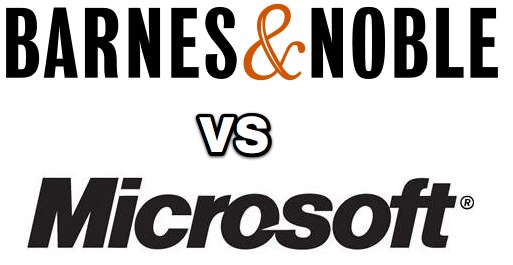Amazon Appstore launches in-app purchasing for all devs, matches Apple’s 70-30 revenue split

[youtube=http://www.youtube.com/watch?feature=player_embedded&v=1hsbY85Dt3Q]
Amazon is rolling out a new feature to developers distributing apps through the Amazon Appstore for Android that was previously only available to select partners. Starting today, all developers can now use In-App Purchasing features to offer users the ability to buy more content directly through their apps.
Based off Amazon’s one-click purchasing system, the new in-app purchasing features have been in beta for several months with developers including Gameloft, Disney, ZeptoLab, and publishers such as Conde Nast and New York Post. Allowing developers to offer content such as “upgrades, expansion packs, in-game currency” and magazine issues, Amazon appstore’s Director Aaron Rubenson explained to TechCrunch that Amazon will take a 30 percent cut from transactions like Apple and Facebook does. However, Amazon can set pricing, where developers will still receive 30 percent of the list price:
“We’re just following the paradigm that’s out there with the 70-30 split… This is a little bit different from the revenue share that we have for paid app sales. We looked at each purchase case separately.”
Storm8, a developer that was part of the beta, told AllThingsD that the in-app purchasing features generated an extra $700,000 in revenue for its 10 free-to-play apps during March.
As noted by TechCrunch, Amazon doe not seem to be limiting developers to its in-app purchasing technology for non-Kindle devices. In other words, Google’s in-app purchasing tech could be used for Android devices, but Rubenson confirmed only Amazon’s solution would work for Kindle Fire.
You can learn more about the Amazon Appstore developer program here. The full press release from Amazon is below:

